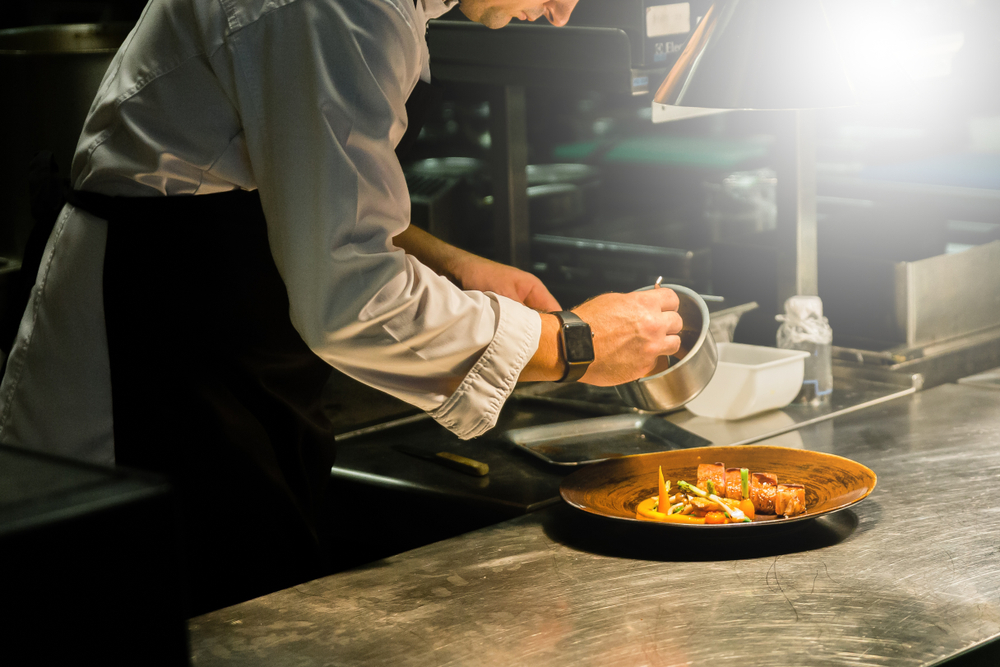Thailand hotels devise innovative strategies to minimise COVID-19 business impact
According to JLL, these new strategies could potentially be a long-term source of profit

Hotel owners and operators in Thailand have employed various revenue-generating strategies to minimise the business impact of the COVID-19 pandemic instead of resorting to temporarily shutting down like several others, according to property consultancy JLL.
“Generally, the main sources of income for hotels are room accommodation, food and beverage and meeting/event facilities, but these three revenue channels have been affected by the pandemic,” explained Pitinut Pupatwibul Robbins, senior vice president of strategic advisory at JLL’s Hotels & Hospitality Group.
“Whilst demand for room accommodation has dropped sharply following the tourism slump, the nation-wide adoption of social distancing practices has eliminated demand for hotels’ restaurants, bars and conferencing facilities.”
Even though several operators have announced closures across the country, most hotels in Bangkok are still operating and several of them are adopting different approaches to generate alternative income.
“We’re starting to see a number of hotel owners becoming more creative when it comes to revenue generation, particularly given the challenging market conditions,” said Alex Sigeda, vice president of asset management at JLL’s Hotels & Hospitality Group.
More: Thailand Property Award-winning developers pay it forward in the midst of the pandemic
Hotel chains, like Dusit International, Chatrium Hotels & Residences and Centara Hotels & Resorts have started offering food delivery services through different platforms, like Foodpanda, GrabFood and LineMan. Other hotels have also given discounts and promotional takeaway items on their food menus.
As for employees who are working from home, some hotels have announced work-from-hotel day-use packages at remarkable rates for those who prefer a quiet area to work close to their home.
Other hotels have also volunteered to serve as COVID-19 “hospitels,” serving non-critical patients. However, only two pilot hotels were chosen because of the extensive criteria set by the Ministry of Public Health.
Meanwhile, tourists who are unable to travel outside of the country and return home because of closed borders can take advantage of extended long-stay promotions and special offers from hotels.
“Whilst many of these alternative income-generating strategies still need to be tested, those that work may very well create new revenue streams for properties in the long run, long after these difficult times,” concluded Pupatwibul Robbins.
Recommended
Why everyone is moving to Selangor and Johor: Malaysia’s real estate comeback
Malaysia’s upturn in fortunes is especially prevalent in secondary destinations such as Selangor and Johor
Penang’s silicon boom: How the US-China tech war is supercharging local real estate
Penang’s booming semiconductor industry has created ripples within the local real estate sector
New leader, new opportunities: How Hun Manet is shaking up Cambodia’s real estate game
Hun Manet is overseeing decent economic growth and widening access to the country’s real estate market for foreigners
Singapore embraces inclusive housing reforms amid resilient demand
The Lion City’s regulatory strength continues to exert appeal for international investors








